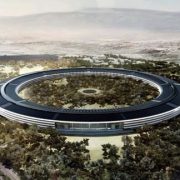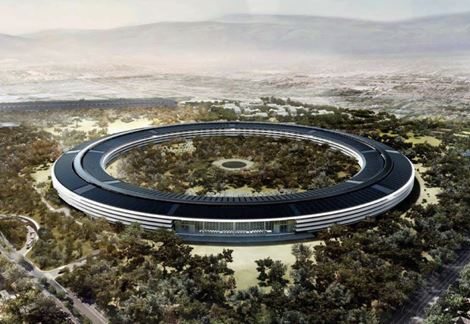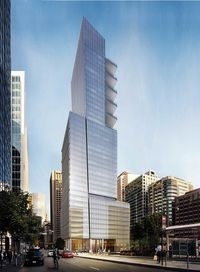Silicon Valley Real Estate Says the Bull Market in Tech Continues
The shares of FANGs will continue to rocket if Silicon Valley commercial real estate is any indication of the future growth rates.
The group is gobbling up office space at such a prodigious rate that only a vast expansion of their business would justify these massive long-term commitments.
Commercial real estate commitments are one of the most valuable leading indicators of stock performance out there. They show what the companies themselves think of their future prospects.
Apparently, the stock market agrees with me. Technology is virtually the only group of shares moving to new all-time highs in these otherwise dismal trading conditions.
Just this month, Facebook (FB) signed a lease for the entire brand new 43-story Park Tower in downtown San Francisco, and that’s just to house its Instagram business.
Google (GOOGL) is leasing 39% of the office space in Mountain View, CA. It is currently in negotiations with the nearby city of San Jose to build a skyscraper occupying an entire city block that will house 10,000 tech workers. It also is building another 1 million square feet near an old prewar dirigible landing strip in Moffett Park.
Apple (AAPL) is hogging some 69% of the office space in Cupertino, CA. It is just now moving into its new massive spaceship-inspired headquarters, where 10,000 workers will slave away. The world’s largest company is currently on the hunt for a second headquarter's location.
Netflix is slowly gobbling up Los Gatos, CA. It was recently joined by the set top device company Roku (ROKU), which is growing by leaps and bounds.
Fruit canning was the original industry of Silicon Valley at the turn of the 20th century, taking advantage of the surrounding peach, plum, and apricot groves. When I was a kid after WWII, defense firms such as Lockheed (LMT) took over, creating thousands of high-paying engineering jobs.
It didn’t hurt that Stanford University was spitting distance away, and the University of California was just on the other side of the bay. These two schools supplied the manpower to fuel the hypergrowth ahead.
To say the growth has caused local headaches would be an understatement in the extreme. The San Francisco Bay Area now sports the world’s most expensive residential housing. The median San Francisco home price has skyrocketed to $1,334,000 and requires an annual income of $334,000 to support it.
Small businesses such as dry cleaners, nail salons, restaurants, and barber shops have been driven out by soaring rents. It’s not uncommon now to go out to dinner only to find a “closed” sign on your favorite nightspot. Your personal assistant now has to travel miles just to get your suits pressed.
As for traffic, forget about it. Rush hour has ceased to exist. Freeways are now jammed a nonstop 12 hours a day in the worst neighborhoods.
Success has its price, and this was never truer than in Silicon Valley.





